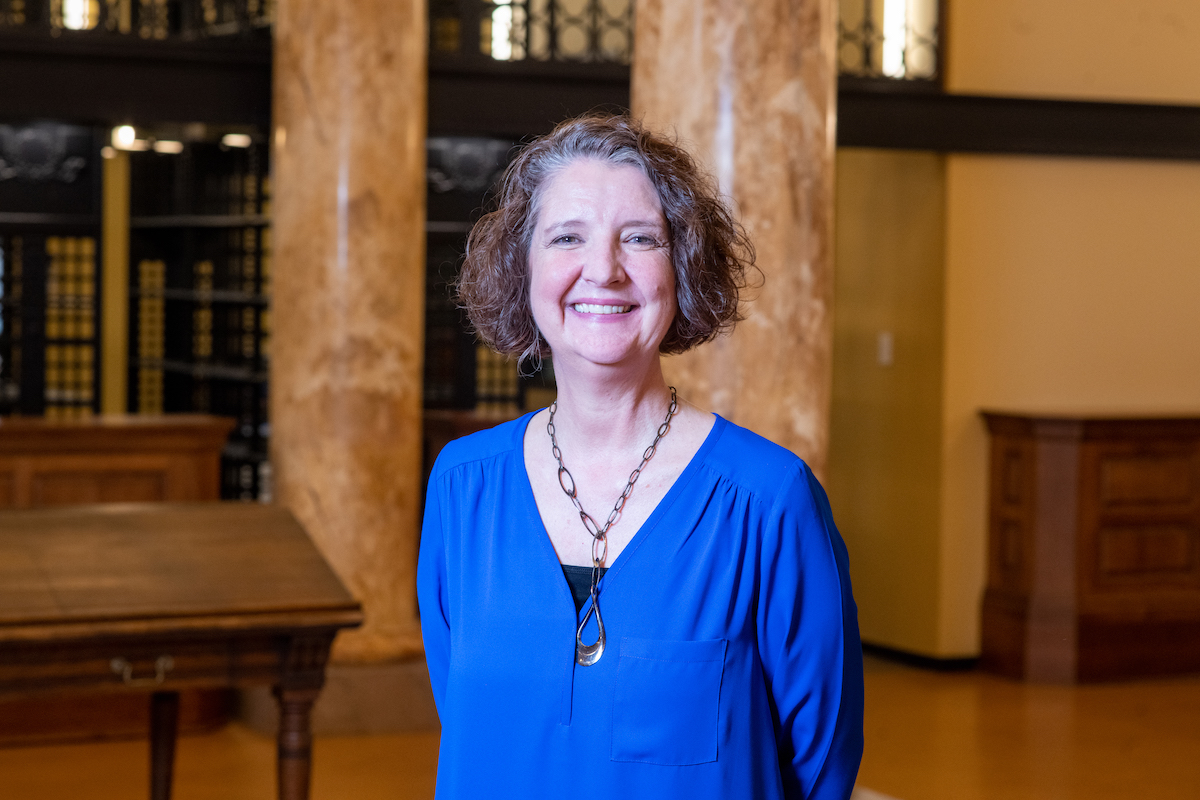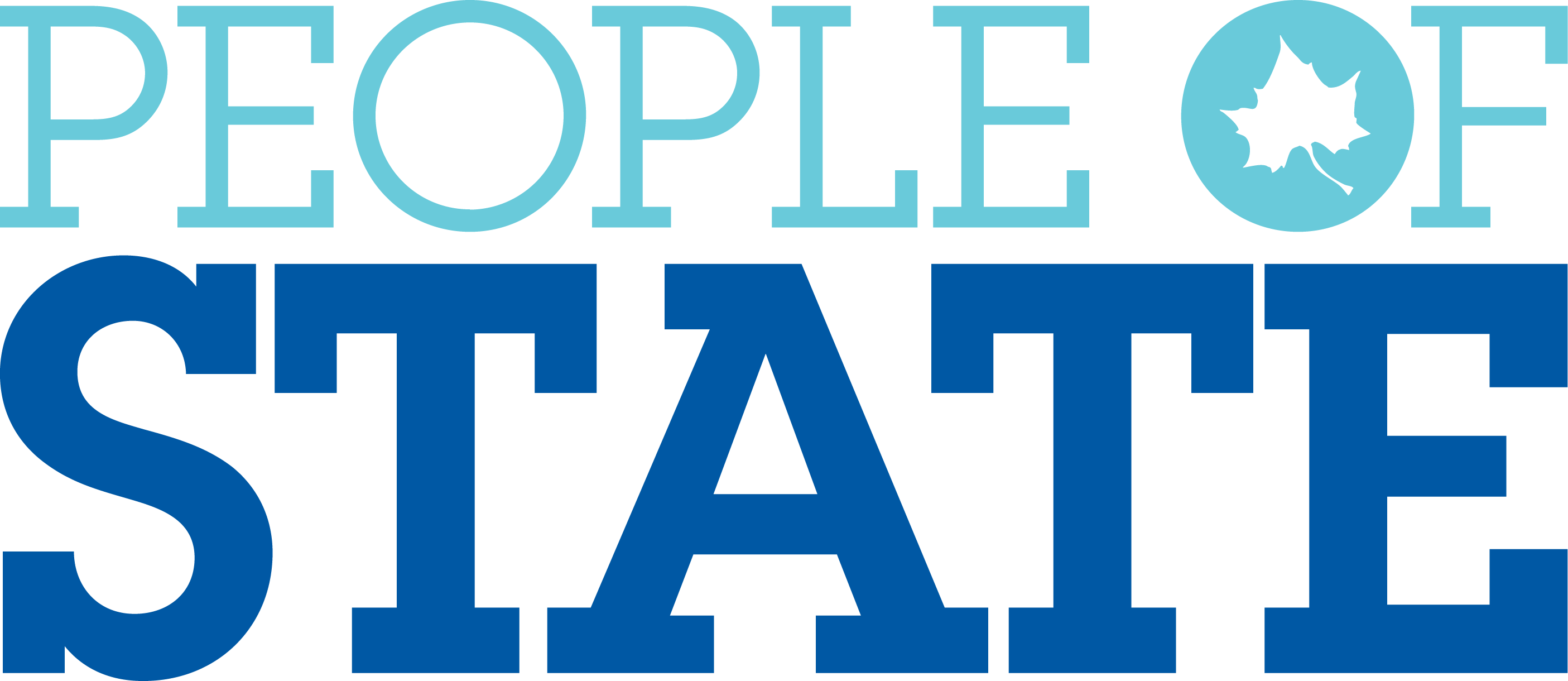
Linda Maule
By University Marketing
Mar 11, 2020
Linda Maule’s titles are many – dean of University College, associate professor of political science and women’s studies and coordinator of foundational studies at Indiana State University.
And her resume is extensive: Three-time graduate of Washington State University and faculty at State since 1996, first serving as director of the legal studies program. Since then, she has held positions as acting co-director and interim director of the women’s studies program, acting chairperson for the department of sociology and is currently foundational studies/general education program coordinator and dean of University College.
I’m curious, though. What make you want to leave your home state of Washington for the cornfields of Indiana?
Who would know you can go from Washington state to Indiana State? I was actually born in California and then spent most of my life in western Washington. I had the privilege of going to Washington State University for all three of my degrees, and when I was all but dissertation (ABD) and looking for a job I came here for an interview with the political science department. They were looking for someone who could amp up the prelaw program and be an advisor, while also looking at the curriculum to see what we could offer in the future to best prepare pre-law students to go to law school. I came for an interview and was honored to be offered the position. Now, here I am, 23-something years later.
It’s rare anymore for people to spend more than a few years with one employer, so what has kept you at Indiana State for your whole career?
Part of it is my disposition. I like to put my roots down in a place, so it becomes my home and I make it my own. There’s been enough opportunity for me at Indiana State University, so there’s never been a dull moment for me. I never felt like I stagnated or haven’t had an opportunity to grow, intellectually or professionally. I have never thought about going somewhere else.
I was a professor here first, I directed the women’s studies program, for a short while I was the acting chair of sociology, was coordinator of foundational studies, and during all that time I was teaching political science classes, women’s studies classes and Honors courses, and I was also advising, which I’m passionate about because it’s a form of coaching and mentoring students about their course work and what they want to do in the future. When the position for the founding dean of the University College came along it was everything I was already doing, making it the perfect opportunity. It’s the kind of position that met my intellectual and professional needs and allowed me to bring my commitment to students to a larger arena and an opportunity to play a role in making an even more significant impact on their lives, academically and personally.
The University College was founded in 2012 so not only did I get to play a role in helping to develop the college, but I’m also its founding and current dean. It’s one of those opportunities that you can’t even fathom will come your way when you’re a student. If you’d talked to me as an ABD graduate student in political science who was looking for a job nearly quarter-of-a-century ago and told me I would someday be the dean of University College, firstly, I would have said what is a University College and, secondly, I would have said I didn’t know if that would be the case. Things sometimes happen in ways you don’t expect.
The challenges of working with first-year students seem obvious. Many – if not all – are really away from home for the first time, they’re in a new environment and, let’s be honest, college simply is not high school. So I have to ask, what is it that you like most about working with first-year students?
First of all, I like working with students. In terms of my trajectory from Washington State University to Indiana State University, what I always knew was that I wanted to teach and I wanted to teach young people. At one time, I even considered teaching at the high school level, but I had a mentor who told that I probably wouldn’t be as intellectually engaged, which is likely the case.
For me, it has always been about working with people between the ages of 18 and 22 and teaching them because I believe that teaching changes the world. It doesn’t only help the individual to become self-actualized, but it exposes them to things that allow them to transform themselves and their families and their communities. I couldn’t see any greater vocation than that. Indiana State students are the kind of students I want to work with because they’re hardworking, committed and passionate, but they also need good teachers. I like being at a place where we meet students where they’re at and we help move them to where we wish for them to be. Almost any position I’ve ever taken on at the university has had to do with how we can ensure that students at Indiana State University have the best experience and are afforded the most opportunities to be successful.
That passion for the students works well for Maule in the classroom, where she has a wide breath of experience teaching courses in everything from American government to foundations of feminist theory and student activism.
Why did you decide to start your career in higher education?
It really started before I decided to earn my Ph.D. I loved the area I was studying in undergrad, which was prelaw and involved classes in political science, criminology, public administration, and I first thought I would be a police officer. It’s pretty hilarious because, at that time in my life, I was pretty anti-authority. Then I decided I wanted to go to law school. I was a single parent of one child at the time and getting ready to graduate, though, and was attempting to determine what would work with also being a single parent. I had a mentor in the political science department who suggested that it might be equally rigorous but more flexible if I went to graduate school and studied what I was equally passionate about. It was a good choice!
Of all of the subjects you’ve taught – and you’ve taught a lot of subjects from what I can tell –what’s your favorite and why?
You can’t make me pick! I was meeting with Honors students and I was telling them about myself and then asking them questions. One of the students asked me what was the most profound experience in my life? I can’t say I’ve had a single profound moment and I feel that way about my classes, too. They’re like my children. I can’t say there’s one I love more than the other. What I love about each of them is the subject matter and, more importantly, the dynamic of talking about the subject matter with students. That’s what the profound moment of teaching is. It’s not teaching a particular subject, but that I get to go into a classroom and talk about things I care about and am interested in that I also think other people should care about and be interested in, then have a wonderful dynamic of reciprocity, where I share and expose students to ideas, philosophies, theories and concepts and they’re sharing connections with me that I’ve never thought about and suddenly they get it. It’s that experience, the ‘aha’ moments they have. The content, for me, is just a vehicle for what is known as teaching and learning. Whether I’m teaching Constitutional law, gender studies, women’s studies or Honors classes, students probably get a little bit of all of those topics in their classes, no matter what I’m teaching them. The Linda Maule core experience is where I expose students to things in those classes and then make connections with other subjects that I think any student graduating from a university should be exposed to. For example, I might talk about Loving vs. Virginia, which the case in 1967 where the court ruled that laws banning interracial marriages are unconstitutional, but I can work that into a gender class and into a dystopia class. It’s about exposing students to core knowledge.
Of course, though, Maule is more than what students see when she’s in the classroom or in her office in Normal Hall.
If your life had taken a different turn, what other career path would you have wanted to take and why?
I think I would have become a lawyer and one day would have liked to have been a judge. It’s always been about social justice for me. I think, along with teaching and higher ed, the law is another institution that you can work within and influence the world positively for a more just world. Hopefully, the law produces long-lasting, positive changes.
What’s the most useless talent you have?
I am double jointed. I don’t think it does anything for me, other than maybe cause me more aches and pains as I get older.
What is the most interesting thing you’ve read or seen this week?
At the Lily Endowment workshop, the impact of AI on both the higher education landscape and the 21st century economic and workplace environments.
I had the opportunity to go to a Lilly Endowment Institute in preparation for a grant that we’re going to be submitting. They brought in consultants to discuss with leaders in higher education across Indiana the threats to higher education in the state, things like enrollment decline and shifts in demographics. They also talked about the changing environment of the workforce and who will be doing what types of work. We all think about artificial intelligence and what it means for factories, mining and the classic industrialized jobs, but what the consultant introduced was mind-blowing. She stated, while society isn’t going to become “jobless”, much of what college graduates do in entry level positions will soon be done by artificial intelligence.
So, the challenge becomes that we need to prepare our students, not for entry-level positions, but with the knowledge to be at the next level position immediately after they graduate from college. Actually, in our daily lives, we’ll have artificial intelligence doing those formulaic, teachable things and humans will have to do the social, emotive, interdisciplinary type of things. Are we preparing students adequately for that landscape? It’s fascinating. Who will be most vulnerable to this? The rural poor, students of color and others who have been historically underserved in higher education.
The other fascinating thing she said was that algorithms for these AIs are being created by human beings, but at this moment there isn’t a lot of diversity amongst those people. If we were going to stereotype they’re most likely to be male, so she said we have to have greater diversity amongst those creating these algorithms otherwise all of the systemic oppressions we currently have will be reified in the algorithms.
If you received a surprise three-day paid break to rest and recuperate from work, what would you do with those three days?
Does it say something about me that nothing immediately comes to mind? But, if I think about it, however, a three-day spa (with my husband) and getting facials and massages and eating really good food.
What’s your best childhood memory?
I’m teaching a Stranger Things class right now, and Stranger Things is focused on the 1980s. I was a child of the 70s and 80s and I lived in a small town outside of Seattle. It was a place where there was still lots of woods and my memory is of the freedom we had. We were always on the run. My sister who has no fear was always climbing the trees, where she could see probably all the way to Seattle. We had this place called Flower Kingdom, that had all these wildflowers, we had a monkey tree, which was a sprawling tree that we could climb all over and hang upside down with no parental supervision. We rode our bikes 100 miles per hour down hills without helmets, which I’m not suggesting anyone should do. My favorite probably was taking all of my mom’s sheet – I’m sure she loved that – and would find chairs and other kinds of things to make homemade tents. On a summer day, we would sleep outside under the tent and hang out.

